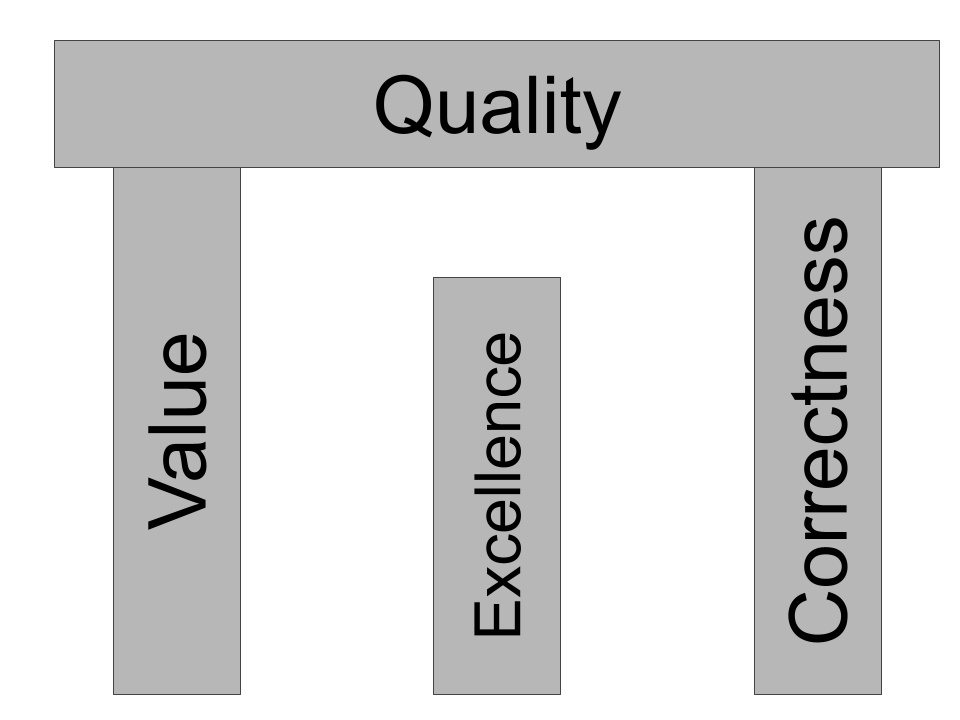I recently reflected upon my failings as a Quality Coach but that wasn’t to say that I failed. Far from it. I am very proud of my work as a Quality Coach and it is a role that I hope to pick up again.
Initiatives
Analytics
As a group we had never really looked at analytics before. It was deemed “too much effort” for our previous application suite given it was often in air-gapped networks (i.e. no way for the data to be sent back to us. However we did bemoan the lack of understanding of our customers.
When picking up a cloud based web application, I latched on to this. First I spoke to people about their challenges and noted how prevalent understanding our customers were. I experimented with Google Analytics and learnt about using it. I then pitched us adapting it, organising some brainstorming and leading to user stories on the backlog… which were then implemented.
I then looked at reporting that data. When we weren’t sure about the importance of fixing a bug, I could point to usage data. When wondering about the impact of a new release, I could point to change in user behaviours. It was useful. We also were using it for our planning to understand when we can try and force customers to switch from an older view to another.
Whilst the developers who did the hard work got the credit (and rightly so), I know full well that I made a difference here.
Refinement & ATDD
Our refinement process had been “grand” for probably around 7-8 years (at least with the teams I worked in). We did lack a little bit of test input at times but generally, not too bad. However when working in a new product area, we had made a few mistakes. We’d misunderstood behaviours, requirements and what is involved. This is why it became a key area for me throughout my time as a Quality Coach.
As it is something I was quite pleased with, I’ll elaborate more in a blog post another time (I have a long “to do” list!), but what I wanted to highlight was that I got testing needs to be considered before starting work. More than that, we also started thinking about the impact of our changes and opportunities for improving quality (including tech debt).
I helped encourage teams to think of edge cases as well, partly by bringing my tester hat and leading by example on asking awkward questions but also I started leveraging my interest in examples, a concept that I’ve explored in manual testing (my first post on here!). Whilst full example mapping sessions felt optimistic, I started getting us to define examples of behaviour and this helped people think of different cases, ask new questions and find that what seemed like a simple change had way more variables. We even managed to take it further in a smaller “standalone” project and implement a process similar to ATDD. I’ll elaborate on this in my separate post but for me, it was a cracking win.
Others
There’s a number of other initiatives that I’m pleased with, which I won’t elaborate on but:
- Kept unit testing, even in difficult projects where there’s temptation to abandon it, an active area.
- Started a TDD initiative, including running a workshop with more to come, pairing with an architect (sadly never got a chance to see it through).
- Meaningful RCAs
- Collaborative Test Strategy
- Assessing our levels with different quality attributes (NFRs)
- We started caring about accessibility (even if unfortunately were told to stop caring)
Coaching & Leadership
Vision
As I started writing about this, I found I had plenty to say, which I’ll follow up in a separate post but one of my personal highlights was setting and sharing a quality vision. The initiatives that I described in more depth above? They are directly tied to part of the vision. We made tangible progress towards a vision. For me it wasn’t a load of fluffy words but integral to what we tried to achieve.
Coaching
Throughout my time as a Quality Coach I tried to develop my coaching skills. I would use retrospectives and RCAs to try and coach developers. Originally I started by trying to coach at a team level (albeit with resistance for taking up team’s time) but eventually got to start having 1:1s with the developers.
Not every session was gold dust but not only was I able to understand people’s challenges better but the developers themselves got plenty of benefit. I was able to explore topics and challenges that went unsaid all too often. As I developed my ability with coaching and asking questions, I was also able to help people solve challenges unrelated to my area of speciality. I got a real kick out of it when I learnt that I’d helped someone solve their problem and I felt it was a positive that people took value from them and were reluctant to decrease the frequency when I was under pressure to reduce the time I spent with the devs in this manner.
Side note: I struggled to sell the value of this coaching.

Summary
Whilst not without its challenges, I am proud of my work as a Quality Coach. Of course I could have done better in certain areas (this is always the case!) but the teams that I work with are definitely better off from my initiatives, leadership and coaching. It makes me excited to think about what I could achieve in my next role.





